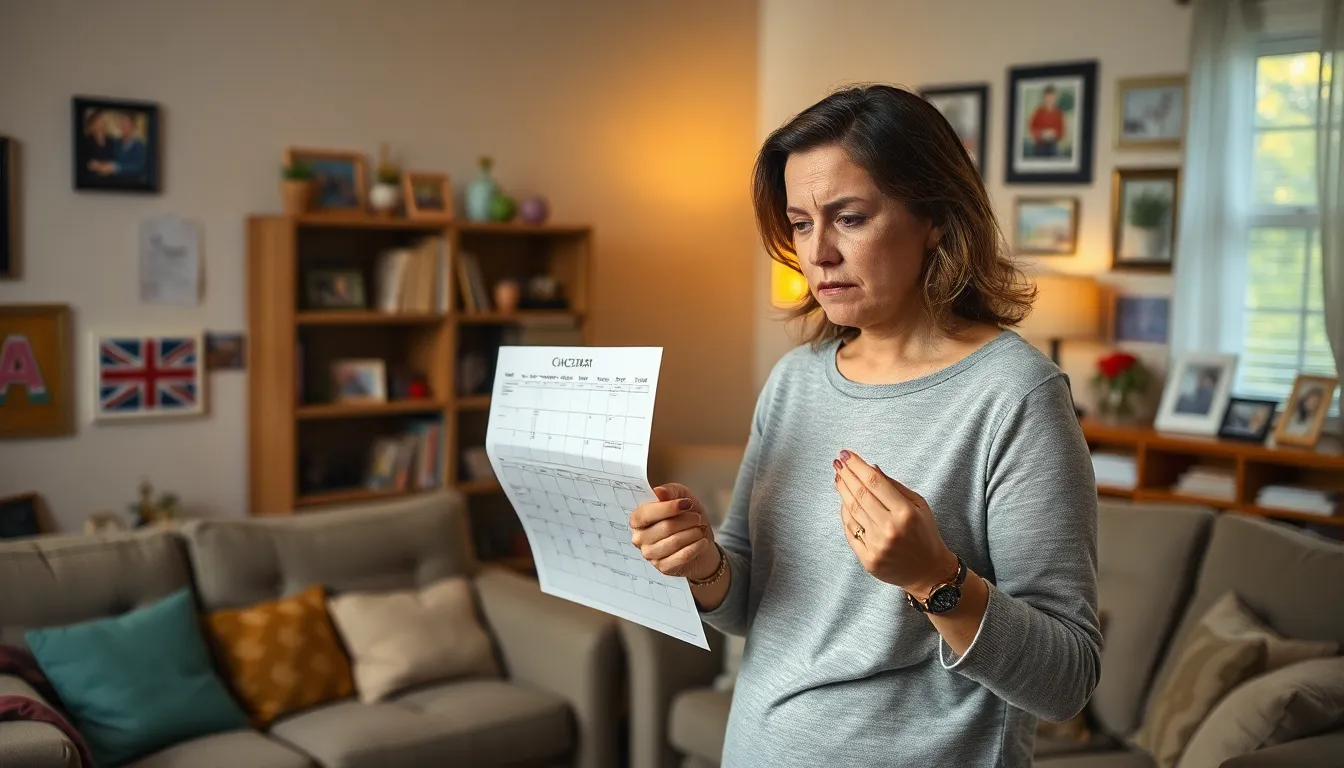Table of Contents
ToggleDivorce can feel like a rollercoaster ride—thrilling to some, terrifying to others. But when kids are involved, skipping the parenting class is like trying to ride that rollercoaster blindfolded. Sure, it might seem tempting to avoid the extra homework, but the repercussions can be as messy as a toddler with a paint set.
Without that parenting class, parents might find themselves navigating co-parenting like a ship lost at sea. Confusion, miscommunication, and a sprinkle of chaos can quickly turn into a storm. Not only could this affect the kids, but it might also lead to some awkward family gatherings and a few too many eye rolls from the grandparents. In the end, investing a little time in a parenting class could save a whole lot of headache—and maybe even a few sanity points along the way.
Understanding Parenting Classes in Divorce
Parenting classes play a vital role in divorce situations involving children. These classes help parents learn effective communication and co-parenting strategies, which foster a healthier environment for their children.
Importance of Parenting Classes
Effective co-parenting hinges on clear communication and shared responsibilities. Parenting classes equip parents with tools to manage conflicts. Skills learned in these classes lead to fewer misunderstandings and improve decision-making regarding children’s welfare. A structured approach to parenting also helps children feel more secure during transition periods. Ultimately, investing in a parenting class enhances family dynamics, supporting positive growth for everyone involved.
Legal Requirements in Different States
Legal mandates for parenting classes vary significantly across states. Some states require these courses for all divorcing parents, while others may only apply them in specific situations, such as contentious custody battles. Specific regulations dictate the class duration, ranging from a few hours to several days. Understanding local requirements ensures compliance during the divorce process, with potential implications for custody decisions. Parents who miss mandatory classes may face delays or complications in their divorce proceedings.
Potential Consequences of Not Taking the Class

Not taking a parenting class during a divorce can lead to several detrimental outcomes for families involved. Parents may find themselves unprepared to address their children’s emotional needs.
Emotional Impact on Children
Children often struggle with adjustments during a divorce. Without proper guidance, they may experience increased anxiety, confusion, or behavioral issues. Parents lacking effective co-parenting techniques may unintentionally exacerbate their children’s feelings of instability. Research shows that supportive environments help minimize negative outcomes. When parents equip themselves with skills learned in parenting classes, they provide emotional stability, fostering healthier relationships with their children.
Strain on Co-Parenting Relationships
Co-parenting relationships may deteriorate without the skills learned in parenting classes. Miscommunication often leads to misunderstandings and conflict. Disputes regarding schedules, responsibilities, or decision-making can arise. Parents may also face challenges resolving differences constructively. Building a collaborative co-parenting framework becomes significantly harder. Effective communication techniques taught in classes can mitigate these issues, promoting a cooperative approach to parenting.
Legal Ramifications
Legal consequences can arise from not completing mandated parenting classes. Some states enforce regulations requiring participation for custody arrangements. Failing to comply may result in delayed custody decisions or complications in legal proceedings. Parents might find themselves at a disadvantage during negotiations. Courts often view attendance positively, as it demonstrates a commitment to the children’s welfare. Legal professionals underscore the importance of fulfilling these requirements to avoid potential repercussions.
Alternatives to Parenting Classes
Exploring alternatives to parenting classes can help parents navigate post-divorce challenges. Various options exist that provide valuable insights and support.
Self-Study Resources
Self-study resources offer a flexible way to learn essential co-parenting skills. Books, articles, and online courses can provide guidance on communication and child development. Websites focused on parenting also include forums and expert advice that may address specific concerns. Parents can find videos and podcasts that discuss strategies for effective co-parenting. Engaging with these materials allows for tailored learning based on individual needs and schedules.
Online Support Groups
Online support groups create a community for sharing experiences and advice among parents. Participants can connect with others facing similar challenges and gain exposure to diverse perspectives. Many groups focus on specific issues related to co-parenting, such as managing schedules or addressing children’s emotional needs. Engaging in discussions helps develop coping strategies and fosters a sense of belonging. Accessing these groups can enhance the experience of co-parenting after divorce.
Personal Testimonials
Real stories highlight the impact of parenting classes on families navigating divorce. Experiences shared by those who skipped these classes reveal significant challenges.
Case Studies of Those Who Did Not Attend
One parent noted increased confusion over custody schedules after deciding against attendance. Miscommunication with the ex-partner exacerbated stress and led to disputes in front of the children. Another individual reported feeling unprepared for their child’s emotional needs. This lack of readiness resulted in heightened anxiety in the child during transitions. Relationships with the ex-partner deteriorated, causing further complications in co-parenting dynamics. Parents who avoided these classes frequently encountered setbacks, as clear communication strategies were missing.
Insights from Parenting Class Graduates
Graduates of parenting classes often describe newfound clarity in their co-parenting roles. One participant highlighted the importance of learning effective communication techniques and conflict-resolution strategies. Improved interactions with ex-partners led to healthier co-parenting arrangements, fostering a stable environment for their children. Participants also emphasized the usefulness of tools for recognizing and addressing children’s emotional needs. Classes provided actionable insights into managing schedules and responsibilities collaboratively. Ultimately, graduates report experiencing less tension, as they utilized skills learned to navigate difficult discussions and decisions with ease.
Neglecting to take a parenting class during divorce can lead to significant challenges for both parents and children. Without the skills and strategies these classes provide, co-parenting may become fraught with misunderstandings and conflicts. This lack of preparation can negatively impact children’s emotional well-being, creating feelings of instability and anxiety.
Moreover, parents may face legal repercussions if mandated classes are skipped, complicating custody arrangements and negotiations. Investing time in parenting education is not just beneficial; it’s often essential for fostering a healthier family environment. By prioritizing co-parenting education, parents can ensure a smoother transition for their children and create a more supportive atmosphere for everyone involved.




